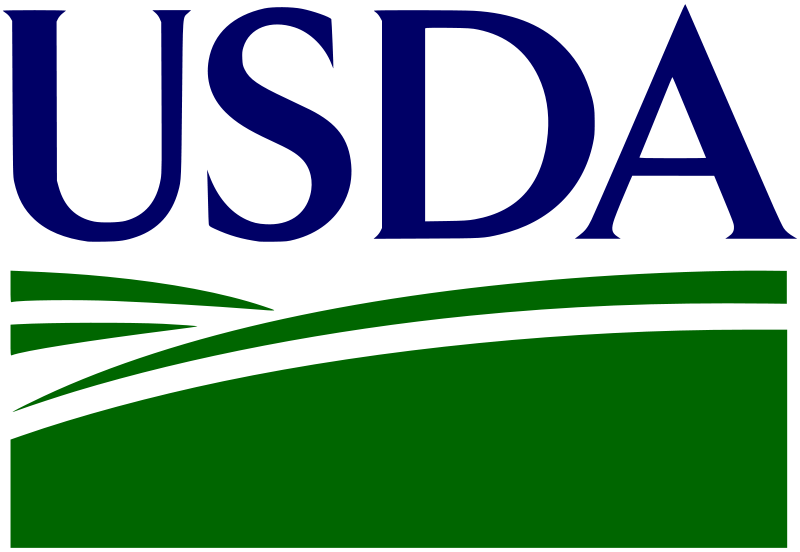Data Collection
- Documented what census data we have and how to query for it
- Automating data collection, unzipping, and updating our data store with Global Historical Climatology Network daily and hourly data
- Linked water rights data from Wyoming, Nebraska and Colorado with NHD-High data
- Developed a methodology to download, process, and display results of soil data extraction within user-defined regions
Model Integration and Development
- Began to write paper on the generic model integration framework
- Developed three initial test cases for the model integration framework… DayCent & SWAT, SWAT & water allocation, Best management practice (optimization) tool & SWAT
- Individual models (SWAT, DayCent, IUWM, CGE, and water allocation) are independently being built, calibrated and wrapped with OMS components that will aid model integration
- Began to write a paper on hydraulic model integration of SWAT and MODFLOW
- Began to build a water allocation network optimization toolbox to extract a water network from NHD data and allocate water according to institutional agreements
- Began to update soil-water submodel in DayCent
- Updated model integration framework to handle multi-program input & output
Infrastructure and computational improvements
- Began to develop web-based interfaces with water rights data, census and demographics analyses, climate, and soils. Purchased a data server to run queries on static or semi-static datasets (not specifically “timeseries” datasets)
- Successful initial implementation of the model integration framework using MPI in Fortran
- Developed a generic way of connecting and interacting with legacy models such as SWAT through MPI – implemented for Fortran, implemented in Matlab, Java, and C; successfully assigned values to variables using generic access to variables through variable names
- Automated the new development integration process for website and infrastructure development
- Built a map-reduce concept for running models in the cloud with uncertainty analysis
- Began web-based interface tools to retrieve and quickly analyze census data, soil data, water rights data, and climate data from the eRAMS website
- Discussed new computing infrastructure and collaborative research opportunities with a major enterprise computing company
- Connected automated kriging routine in R with Python for web-based interpolation calculations
South Platte Application
- Developed a plan to implement SWAT-MODFLOW connection within the Poudre River Basin
- Developed methodology to automatically extract streamflow data and calculate naturalized river flows
Coordination
- Coordinated with water managers and decision makers at Southplatte Roundtable
- Spoke with Eric Wilkinson of Northern Water about availability of their hydrologic model… it’s not available for sharing until they are through with their NEPA review (maybe next year)
- Spoke with Erin Messner of Aurora Water about data for pricing water rights purchases that the city of Aurora has done
- Participated in a discussion on CMIP3 and CMIP5 with the Front Range Climate Change Group in Boulder
Reporting and presentations
- Made more figures and interactive figures on the website



Leave a Reply
You must be logged in to post a comment.